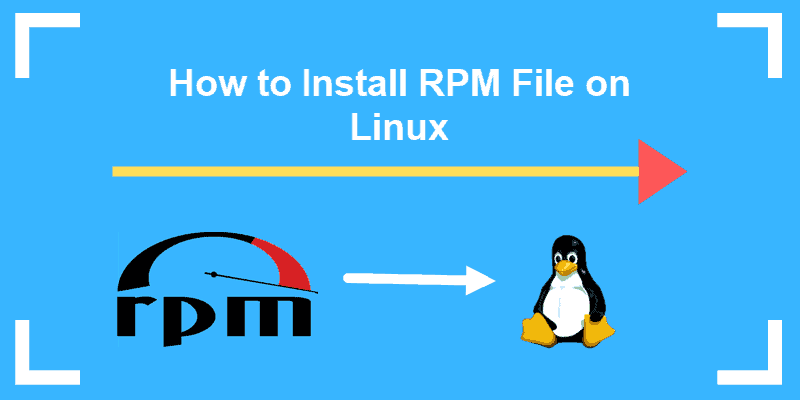

opt/nslookup: error while loading shared libraries: libdns.so.1107: cannot open shared object file: No such file or directory Now you can copy it to your other systems and use it as you normally would. You see that nslookup is part of the bind-utils package. Locate nslookup using the which command and then issue the rpm command. There's no nslookup command in your current (root's home) directory. What's wrong here? The rpm command can't find nslookup but it's installed because you've used it.

# rpm -qf nslookupĮrror: file /root/nslookup: No such file or directory To find the package that contains nslookup, you can perform a "reverse" lookup using the rpm command. Last metadata expiration check: 2:44:51 ago on Tue 03:27:27 PM CST. You want to install it but you can't remember which package contains it and attempting to install it as nslookup fails. The nslookup command is one that you use frequently but it isn't installed on any of the systems at your new job. usr/sbin/ifcfg: POSIX shell script, ASCII text executableĪs you can see, the file command is an important one to know and one which you're sure to use throughout your career. Here is an example of an executable file that is not compiled. After the full path is given to file, the information is displayed. The first attempt failed because the file command doesn't know the location of the mtr command. Mtr: cannot open `mtr' (No such file or directory) To display file type information, the file command is indispensable. You will need to locate a file before you can further identify it. The which command locates a file if it's in your path. Is the utility you're using a script, plain text, or a command? Is it compiled? What is the file's location? You might want some basic information about the utility. Repositories contain, store, and provide packages.Packages contain commands, utilities, and libraries.In this article, I explore some methods of querying the system to find related repositories, packages, and commands. The basic repositories of AppStream, BaseOS, and Extras contain a lot, but certainly not all of the packages you might need or encounter. How well do you know Linux? Take a quiz and get a badgeįurthermore, once you find the package that a command belongs to, you might want to find out from which repository you installed the package.Linux system administration skills assessment.A guide to installing applications on Linux.Download RHEL 9 at no charge through the Red Hat Developer program.


 0 kommentar(er)
0 kommentar(er)
